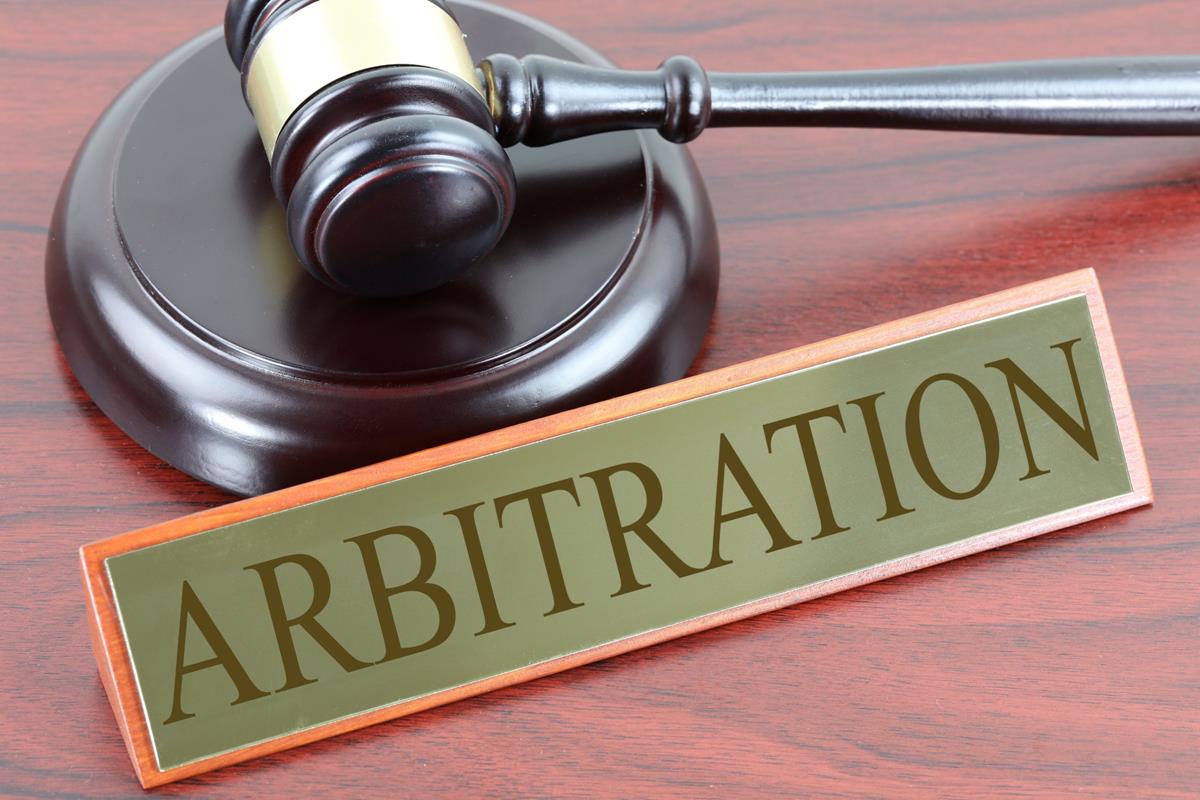Is Your Trip Safe? Here’s How to Determine Without a Doubt
Are you planning a getaway but feeling a bit concerned about safety? It’s completely natural to have worries, especially when exploring unfamiliar territories. Rest assured, my friend, we’ve got you covered! In this comprehensive guide, we’ll walk through the key factors to consider in order to determine if your trip is truly safe. So, let’s dive in and ensure you have a worry-free adventure!
Introduction
Title: Is Your Trip Safe? Here’s How to Determine Without a Doubt
Welcome, fellow travelers! Embarking on a journey to explore new lands and unique cultures is an exhilarating experience. However, it’s crucial to prioritize safety while wandering beyond your comfort zone. This article aims to help you assess and ensure the safety of your upcoming trip. We’ll discuss various aspects such as travel advisories, local customs, emergency planning, transportation, and more. By the end, you’ll gain the tools and knowledge to guarantee a secure and delightful adventure!
Body
Research and Planning
Before embarking on any trip, adequate research and planning are essential for a safe and enjoyable experience. Here are a few key steps to follow:
- Check Current Travel Advisories: Visit the website of your country’s foreign affairs department to access updated travel advisories for your destination. Stay informed about any potential risks, political instability, health concerns, or natural disasters.
- Learn About the Culture: Familiarize yourself with the local customs, traditions, and laws of the country you’re visiting. Respect their culture to avoid unintentionally offending anyone and to ensure a smooth journey.
- Choose Safe Accommodation: Research reputable hotels and accommodations in the area. Read reviews, check security measures, and ensure you select a safe and well-reviewed establishment.
Safety During Your Trip
While on your trip, prioritize the following aspects to maintain your safety:
- Stay Aware of Your Surroundings: Be observant and trust your instincts. Avoid isolated or poorly lit areas, especially at night. Stay in well-populated and well-lit areas to minimize potential risks.
- Keep Important Documents Secure: Photocopy your passport, ID, and other essential documents. Store copies separately from the originals and consider keeping digital copies as well. Utilize hotel safes, if available, to secure your valuables.
- Stay Connected: Ensure you have a reliable way to communicate in case of emergencies. Carry a fully charged cellphone or consider purchasing a local SIM card for your smartphone. Familiarize yourself with emergency contact numbers in the country you’re visiting.
- Transportation Safety: Prioritize safe modes of transportation. Research reputable taxi companies or ride-sharing services, if available. Check for seatbelts, follow local traffic regulations, and avoid reckless drivers.
- Beware of Scams: Be cautious of common scams targeting tourists. Keep an eye out for pickpockets, fake tour operators, and overly friendly strangers asking for personal information or money.
Emergency Preparedness
Even with thorough planning, emergencies can happen. Here’s how to be prepared:
- Travel Insurance: Purchase comprehensive travel insurance that covers medical emergencies, trip cancellations, and lost or stolen belongings. Familiarize yourself with the coverage details and keep a copy of the policy with you.
- Know the Nearest Embassy or Consulate: Research the location and contact details of your country’s embassy or consulate in the country you’re visiting. This will be invaluable in case of emergencies or if you require assistance.
- Create an Emergency Plan: Share your itinerary and contact details with a trusted friend or family member. Establish regular check-ins and provide them with copies of your important documents. In case of an emergency back home, they will know how to reach you.
- Learn Basic First Aid: Consider taking a basic first aid course before your trip. This knowledge can prove invaluable if faced with minor injuries or medical situations.
Conclusion
Title: Embrace the World Safely! Ensure a Worry-Free Adventure
With a little preparation and vigilance, you can embark on your trip confident in your safety. Through thorough research, cultural understanding, and mindful planning, you can enjoy a worry-free adventure. Remember, staying aware of your surroundings, securing important documents, and being prepared for emergencies are key aspects of staying safe. So, pack your bags and get ready to explore the beauty our vast world has to offer!
Frequently Asked Questions:
- Do I need to purchase travel insurance for every trip I take?
-
While travel insurance is not mandatory, it is highly recommended for all trips. Unforeseen circumstances such as medical emergencies, trip cancellations, or lost belongings can lead to significant financial burdens. Having travel insurance provides peace of mind and protects against unexpected costs.
-
What should I do if I encounter a scam during my trip?
-
If you encounter a scam, it’s important to stay calm and prioritize your safety. Avoid engaging with the scammers and immediately distance yourself from the situation. Report the incident to local authorities and your country’s embassy or consulate, providing them with all the relevant details.
-
What are the essential items to include in a travel first aid kit?
-
A basic travel first aid kit should include adhesive bandages, antiseptic wipes, pain relievers, stomach medication, blister pads, tweezers, scissors, and any personal prescription medication you require.
-
Can I rely solely on my cellphone for emergency communication?
-
While cellphones are an essential tool for emergency communication, they can have limitations, especially in remote areas or during natural disasters. It’s advisable to carry alternative means of communication such as a portable Wi-Fi device or an emergency radio.
-
Are there any specific customs or gestures I should be cautious of in certain countries?
- Absolutely. Different cultures have their own customs and gestures that may be offensive or inappropriate in other countries. Conduct thorough research before your trip to understand the cultural norms and practices of the country you’re visiting. Respect and adapt to their customs to ensure a smooth and respectful interaction with the locals.
Now that you possess the knowledge to ensure your trip’s safety, go forth with confidence and embrace the wonders of the world! Safe travels, my adventurous friend!
Note: AI content generated with a touch of human creativity!

